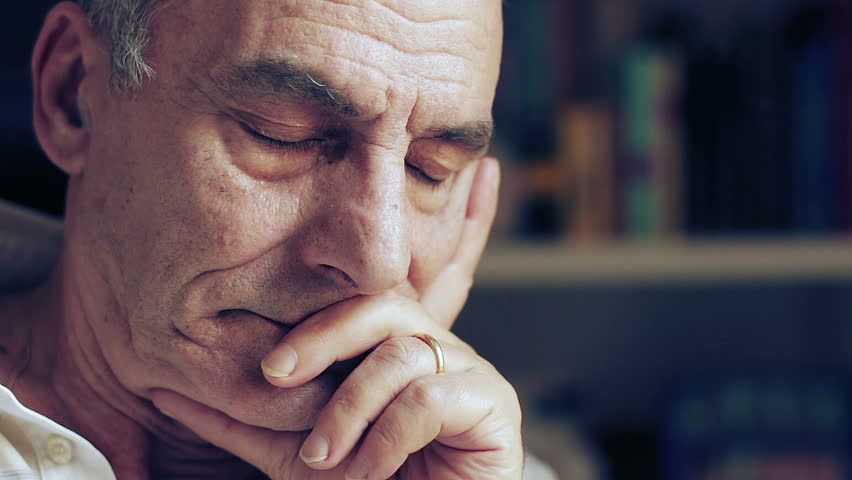
Diagnosed with Cancer? Your two greatest challenges are understanding cancer and understanding possible side effects from chemo and radiation. Knowledge is Power!
Learn about conventional, complementary, and integrative therapies.
Dealing with treatment side effects? Learn about evidence-based therapies to alleviate your symptoms.
Click the orange button to the right to learn more.
- You are here:
- Home »
- Blog »
- side effects ID and prevention »
- Cancer-related Fatigue Therapies
Cancer-related Fatigue Therapies

Cancer-related fatigue (CRF) is a common complaint for those patients undergoing chemotherapy and/or radiation. I understand that my personal cancer experience may not be universal but I don’t believe that my cancer-related fatigue has ever really healed.
Among the many side effects and complications caused by chemotherapy and radiation, cancer-related fatigue stands out as a significant and often underestimated adverse event. This pervasive exhaustion can have profound effects on a patient’s quality of life, treatment adherence, and overall well-being. This essay aims to shed light on the nature of cancer-related fatigue, its impact on patients, and strategies for its management.
Let me also say that I don’t think that conventional oncology really takes this side effect seriously. I mean what’s an oncologist going to prescribe to the patient who complains that chemo or radiation makes then feel exhausted all the time?
As always, I try not to present a challenge to the cancer survivor without also proposing possible solutions.
Let me begin with specifics about CRF as an adverse event.
Defining Cancer-Related Fatigue
Cancer-related fatigue (CRF) is a distressing, persistent, and subjective sense of physical, emotional, and/or cognitive exhaustion related to cancer or cancer treatment that is not proportional to recent activity and interferes with normal functioning. Unlike ordinary tiredness, CRF is not relieved by rest and can be overwhelming, debilitating, and long-lasting.
Prevalence and Impact
CRF is one of the most common side effects experienced by cancer patients, affecting up to 90% of individuals undergoing treatment. It transcends cancer types and stages, affecting both those in active treatment and cancer survivors. This persistent fatigue often leads to decreased physical activity, social isolation, and a diminished sense of well-being, affecting a patient’s ability to carry out daily tasks and enjoy life. Additionally, CRF can exacerbate other physical and psychological symptoms, compounding the overall burden on patients.
Underlying Mechanisms
The exact mechanisms underlying CRF are complex and multifactorial. They may involve a combination of physiological, psychological, and behavioral factors. These include the direct effects of the tumor and its treatment on the body, alterations in hormonal balance, immune system dysregulation, psychological distress, and disrupted sleep patterns. Additionally, comorbid conditions such as anemia, depression, and pain can contribute to the intensity of CRF.
Management and Interventions
Given the multifaceted nature of CRF, a holistic approach to management is crucial. This includes:
- Pharmacological Interventions: Medications such as psychostimulants, erythropoiesis-stimulating agents, and certain antidepressants have shown promise in alleviating CRF. However, their use should be carefully considered, balancing potential benefits against potential side effects.
- Physical Activity and Exercise: Regular, moderate-intensity exercise has been shown to reduce CRF. Exercise can improve physical functioning, increase muscle strength, and enhance overall well-being. Tailored exercise programs, guided by healthcare professionals, should be integrated into the treatment plan.
- Psychosocial Support: Cognitive behavioral therapy, mindfulness-based stress reduction, and relaxation techniques can be effective in managing CRF. Addressing anxiety, depression, and sleep disturbances through counseling and support groups can significantly improve a patient’s overall experience.
- Nutrition and Hydration: Maintaining a balanced diet and proper hydration is essential in managing CRF. Nutritional counseling and dietary modifications can help mitigate some of the physical effects of both cancer and its treatment.
- Symptom Management: Treating comorbid conditions like anemia, pain, and depression can alleviate the intensity of CRF. A comprehensive assessment of the patient’s overall health is imperative to tailor interventions effectively.
Conclusion
Cancer-related fatigue is a pervasive and debilitating adverse event experienced by a significant majority of cancer patients. Understanding its underlying mechanisms and implementing comprehensive management strategies are vital steps in improving the overall quality of life for individuals affected by this condition. By addressing CRF with a multidisciplinary approach that encompasses pharmacological, psychosocial, and lifestyle interventions, healthcare providers can offer more effective and holistic care to cancer patients, ultimately aiding in their journey towards recovery and improved well-being.
If you would like to learn more about the therapy discussed below-Dichloroacetate DCA- click now
Are you a cancer patient or survivor? Are you struggling with cancer-related fatigue? Feel free to reach out to me at David.PeopleBeatingCancer@gmail.com.
Hang in there,
David Emerson
- Cancer Survivor
- Cancer Coach
- Director PeopleBeatingCancer
Dichloroacetate as a novel pharmaceutical treatment for cancer-related fatigue in melanoma
“Cancer-related fatigue (CRF) is one of the most common complications in patients with multiple cancer types and severely affects patients’ quality of life. However, there have only been single symptom-relieving adjuvant therapies but no effective pharmaceutical treatment for the CRF syndrome…
DCA preserved physical function in mice with late-stage tumors by reducing circulating lactate concentrations. In vivo liquid chromatography-mass spectrometry/mass spectrometry studies suggest that DCA treatment may preserve membrane potential, postpone proteolysis, and relieve oxidative stress in muscles of tumor-bearing mice. In all, this study provides evidence for DCA as a novel pharmaceutical treatment to maintain physical function and motivation in murine models of CRF…
NEW & NOTEWORTHY We identify a new metabolic target for cancer-related fatigue, dichloroacetate (DCA). They demonstrate that in mice, DCA preserves physical function and protects against the detrimental effects of cancer treatment by reducing cancer-induced increases in circulating lactate. As DCA is already FDA approved for another indication, these results could be rapidly translated to clinical trials for this condition for which no pharmaceutical therapies exist beyond symptom management.

